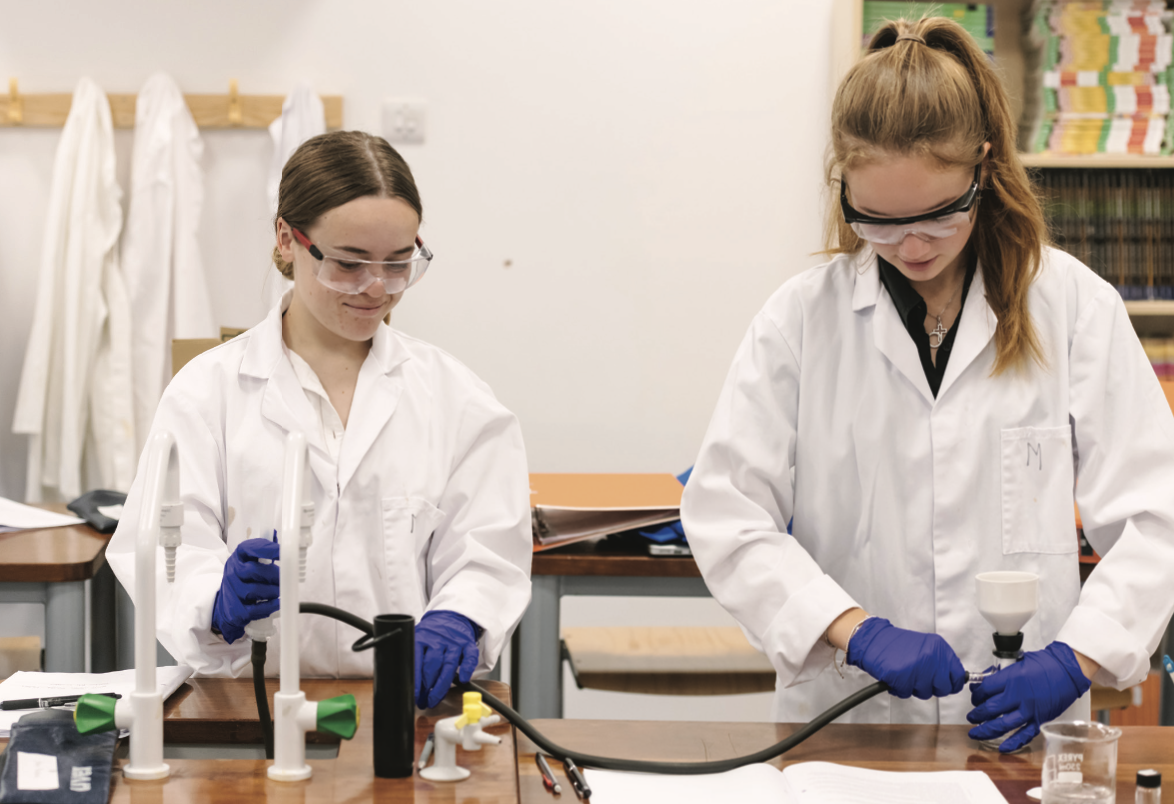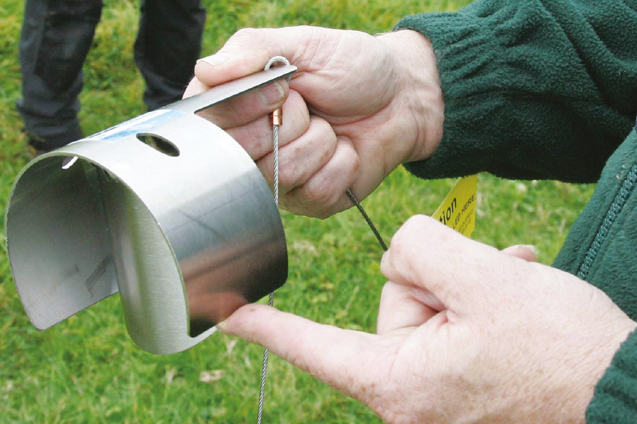
It’s exactly 20 years since Sir Gareth Roberts, a respected UK engineer, produced his report for the Chancellor on UK productivity and economic growth. In it he identified a significant shortage in the number of young
people pursuing Science, Technology, Engineering and Maths – and ‘STEM’ subsequently became part of the educational lexicon.
Initiatives to promote STEM careers have been around ever since, so every time I introduce myself to someone
as the ‘STEM Leader’ at Hurst College, the acronym no longer requires laboriously spelling out and explaining; or so you would think. If the European Union had meant that to achieve economic growth and a suitably prepared population, we all had to speak French and learn how to prepare its cuisine, one would expect to find these subjects promoted in all aspects of life. Infant school children would be conjugating French verbs, and everyone would be adroit at producing a beurre blanc.
Enough flippancy, but it’s borne from a sense of frustration that despite the STEM initiative, economic data shows that all developed countries still have a massive shortfall of technologically trained people to meet predicted workforce demands well into the future.
The UK is facing a well-documented engineering crisis, hundreds of thousands of skilled technicians and professional engineering roles need filling over the current decade and supply is not keeping up with demand.
What is even more worrisome is the realisation that we still aren’t rearing a population who will be fully prepared for the increasingly technological world they will live in. No matter what our career choice, we will all need suitable skills to be able to cope with the consequences; ever increasing mechanisation, digitisation and artificial intelligence.
A STEM focused education system is designed to address both these issues. Through well-taught STEM subjects or undertaking a bolt-on school-based STEM activity, students can:
• Develop confidence in experimentation, and risk-taking. Creativity is also fostered. Without this mind-set, technological advancements and new innovations would not be possible.
• Discover the power of technology and innovation, so learn to embrace them instead of being fearful. This gives them the upper-hand in the increasingly tech-centred global landscape.
• Learn how to examine problems and then create a logical plan to solve them, and in so doing develop critical thinking skills.
• Learn to work as part of a team to solve a problem, record data, write reports and make presentations. The result is a student who better understands the importance of collaboration.
• Learn skills that equip them both for life in the modern world and for when they enter the workforce.
• Become more motivated to pursue a STEM-based career, which offers highly competitive salaries and rapid career progression opportunities.
So why, after 20 years of government intervention, do we still need to be promoting STEM, when an abundance of career opportunities in these sectors should be tempting enough and the need for a more tech-savvy lifestyle is staring us in the face?
Studies cite several key reasons with one of the main still being the poor perception of technical jobs that
young people and those who influence them still hold. Careers guidance is also blamed for not putting sufficient emphasis on these subject areas. Additionally, there is still a lack of employer engagement with STEM initiatives. These sectors should be actively helping to promote themselves and drive recruitment. Finally, there is also the problem of continued low attainment at STEM subjects in schools, further and higher education.
A bigger problem, as I see it, is that STEM promotion is everywhere and nowhere. There are now over 600 organisations that are in some way involved in supporting engineering education alone. In promoting STEM at Hurst, I have been involved with the Engineering Development Trust, the Big Bang Fair, CREST, Industrial Cadets and STEMnet. After 15 years I am more than a little frustrated that I cannot quite explain how they link together, what they do differently or why there is a need for so many bodies. It appears to have merely created confusion and led to what could be referred to as ‘STEM fatigue’. It is therefore no real surprise my STEM leader title elicits either the confused half raised eyebrow or nod of indifference.
It seems to me that amidst all the STEM chaos, much of what is taking place in schools is insufficient and often has no significant effect on progression in STEM subject areas. Also, without a system of evaluation, who knows what is working best and why.
So, what’s the solution? From my own experience I can state with confidence that teachers are significant role models. We are all ‘influencers’ within the education system whose attitudes and passion for a subject can motivate and drive students to make career choices. What we say to our ‘followers’ does get heard, and we can help steer the next generation towards making better informed subject and career choices. Pan-curricular teacher training is also required; we can all play a role in promoting awe and wonder in the pivotal roles that science and engineering play in our daily lives but need the skills and resources to best achieve this.
Science, technology and engineering based industries also need to be educated, and encouraged to be more actively forging formal links with local educational institutes, providing work experience, industry placements, tours, speakers, and STEM ambassadors. Without doubt, the STEM machine itself needs a complete overhaul, streamlining its provision to reduce inefficiency, and promote clearer accessibility to the excellent initiatives it does offer.
And finally, that acronym needs to be rescued from being ‘the elephant in the room’ to something instantly acknowledged for its status as a respected enterprise designed to secure the economic security of our country and better equip us all for modern life.
For more information: www.hppc.co.uk





